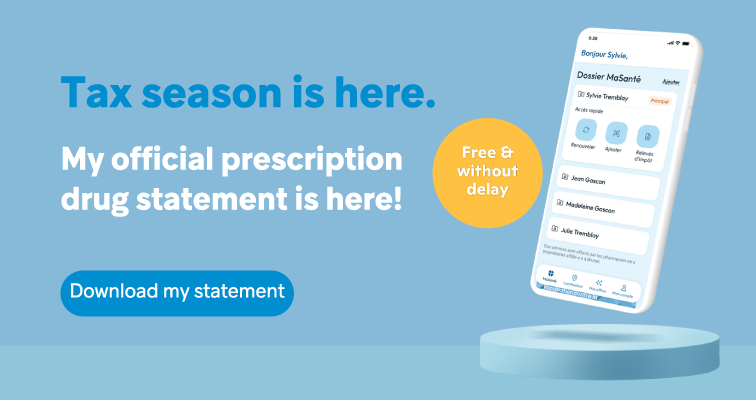Description

This medication is a vasodilator (it dilates the blood vessels). Typically, it is used for the prevention of angina (chest pain due to a heart condition). It may also have other uses.
Instructions
This medication is typically used 3 times a day. However, your pharmacist may have suggested a different schedule that is more appropriate for you. It is not advisable to stop using this product suddenly, particularly if you have been on it for several weeks. If you are considering stopping the medication, talk to your pharmacist first.
It must be used regularly and continuously to maintain its beneficial effects. Be sure to keep an adequate supply on hand. If you forget a dose, take it as soon as you remember -- unless it is almost time for your next dose. In that case, skip the missed dose. Do not double the next dose to catch up.
This medication may be taken with or without food. Consuming alcohol may intensify the toxicity of this product. Avoid or limit alcohol consumption during treatment.
Side Effects
In addition to its desired action, this medication may cause some side effects, notably:
- it may cause headaches;
- it may cause redness of the face;
- it may cause palpitations (rapid and strong heart beat);
- it may cause dizziness - use caution when getting up from a lying or sitting position and use caution if driving;
- it may cause nausea or, rarely, vomiting;
- it may lower your blood pressure, which could cause weakness and/or dizziness.
Each person may react differently to a treatment. If you think this medication may be causing side effects (including those described here, or others), talk to your health care professional. He or she can help you to determine whether or not the medication is the source of the problem.
Storage
As with most medications, this product should be stored at room temperature. Store it in a secure location where it will not be exposed to excessive heat, moisture or direct sunlight. Make sure that any leftover portion is disposed of safely.
Additionnal Information
Blood donation is usually refused during this treatment.
General Notes
When meeting with any health professional, it is important for you to share the following information:
- Your medical history and allergies (medication, food, or other);
- If you're pregnant or want to become pregnant, or if you're breastfeeding;
- If you use tobacco or cannabis or its derivatives, or if you use recreational drugs;
- The names of all the medications you take, whether you take them regularly or once in a while, including over-the-counter medications, vitamins, and natural health products.
